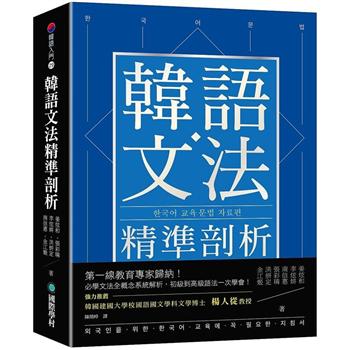Employing a framework that focuses on the actions and choices of elites in creating consolidated democracies, a distinguished group of scholars examines Argentina, Brazil, Chile, Colombia, Costa Rica, the Dominican Republic, Italy, Mexico, Peru, Portugal, Spain, Uruguay, and Venezuela. Without ignoring the roles of mass publics and institutions, the authors conclude that in independent states with long records of political instability and authoritarian rule, democratic consolidation requires the achievement of elite "consensual unity"--that is, agreement among all politically important elites on the worth of existing democratic institutions and respect for democratic rules-of-the-game, coupled with increased "structural integration" among those elites.
| FindBook |
有 1 項符合
Elites and Democratic Consolidation in Latin America and Southern Europe的圖書 |
 |
Elites and Democratic Consolidation in Latin America and Southern Europe 作者:Higley 出版社:Cambridge University Press 出版日期:1991-11-29 語言:英文 規格:精裝 / 372頁 / 23.4 x 15.5 x 2.3 cm / 普通級/ 初版 |
| 圖書館借閱 |
| 國家圖書館 | 全國圖書書目資訊網 | 國立公共資訊圖書館 | 電子書服務平台 | MetaCat 跨館整合查詢 |
| 臺北市立圖書館 | 新北市立圖書館 | 基隆市公共圖書館 | 桃園市立圖書館 | 新竹縣公共圖書館 |
| 苗栗縣立圖書館 | 臺中市立圖書館 | 彰化縣公共圖書館 | 南投縣文化局 | 雲林縣公共圖書館 |
| 嘉義縣圖書館 | 臺南市立圖書館 | 高雄市立圖書館 | 屏東縣公共圖書館 | 宜蘭縣公共圖書館 |
| 花蓮縣文化局 | 臺東縣文化處 |
|
|
圖書介紹 - 資料來源:博客來 評分:
圖書名稱:Elites and Democratic Consolidation in Latin America and Southern Europe
|











